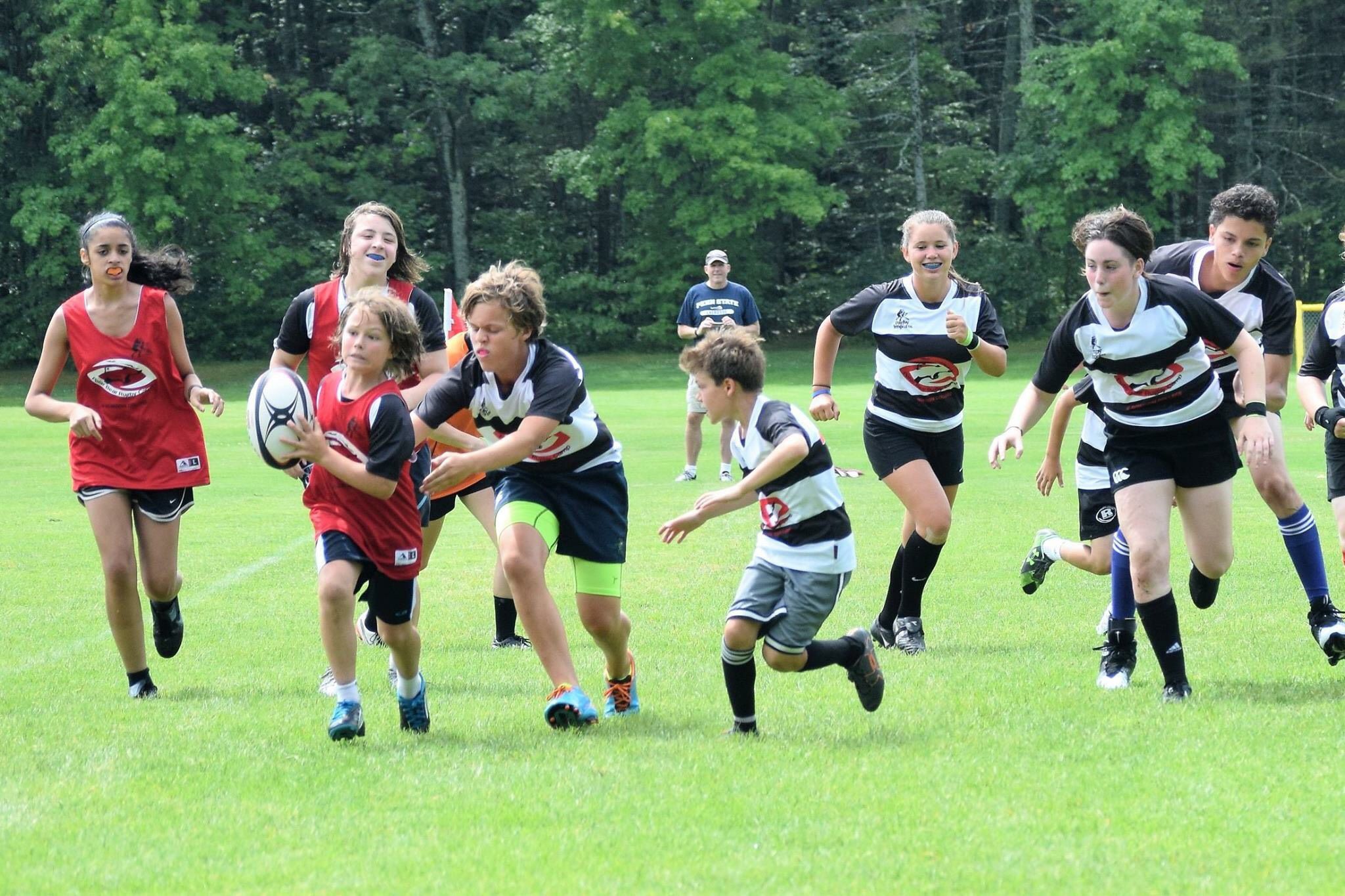Summer camps aim to teach skills and recruit players for Bowdoin teams
September 8, 2017
 Courtesy of Marybeth Mathews
Courtesy of Marybeth MathewsThis summer, kids of all ages attended sports camps and clinics on Bowdoin’s campus. Most of the camps serve recruiting method for athletes to Bowdoin programs and to prepare them for collegiate athletics.
While these camps and clinics are run by Bowdoin coaches and use Bowdoin facilities, they are not affiliated with the College. The athletic department doesn’t explicitly benefit from the sports camps, but the College does make revenue from use of facilities and room and board fees that each camp pays.
The camps, representing all three sports seasons, are popular. Some, such as the Polar Bear Girls Lacrosse Camp, have experienced especially high interest in recent years. From 2008 to 2016, the lacrosse camp filled all of its overnight spots to capacity. This year, between campers and staff, there were more than 220 people staying overnight for the camp, in addition to commuters.
The women’s lacrosse camp is among the most attended camps. Others, such as the squash camp and men’s tennis camp had 10-15 attendees each, due mainly to the individual nature of the sport and the facilities available.
The increase in summer camps corresponds to a general trend across the country toward largely using showcases, travel teams and recruiting clinics in the collegiate athletic process. This trend has altered not only the culture of recruiting, but has also caused the process to begin during the spring and summer before a recruit’s senior year of high school, if not earlier.
“The extent to which colleges use summer camps as a recruiting tool varies widely by institution,” said Women’s Soccer Head Coach Brianne Weaver in an email to the Orient. “We focus on player development and imparting knowledge in a positive learning environment and recruiting (depending on the age of the camper).”
On the men’s tennis team, four current players had attended the Polar Bear Elite Tennis Camp run by Head Coach Conor Smith. While the program is only for boys entering ninth through 12th grade with a large focus on developing collegiate play, many other sports programs offer high school preparation or general development divisions for younger athletes.
Both the girl’s and boy’s basketball camps are geared toward younger athletes, providing comprehensive instruction in the fundamentals of the game and giving campers the opportunity to challenge themselves and improve their skills.
The camps also expose young athletes to sports that they may have not had the opportunity to learn, such as rugby. Since 2012, MaryBeth Mathews, the head coach of the women’s rugby team, has run the Polar Bear Rugby Camp in an effort to bring more attention to the sport.
“We started Polar Bear Rugby Camp because there was no rugby camp for boys or girls [at the time],” said Mathews. “So I decided to start one, even though it’s in Maine and Maine has very little high school rugby. I would say it’s a fabulous camp, but it’s in a tough location because of where the rugby players are. And for college women, there are not that many camps, and no others in New England.”
This year was also the second year that the rugby camp included an U-12 youth division for boys and girls, which has grown quickly in popularity with 25-30 campers this summer—on par with the high school and college divisions.
Increasing the number of athletes who may eventually become Bowdoin recruits remains a focus for every program, whether it’s through camps held over the summer or clinics during the academic year.

Comments
Before submitting a comment, please review our comment policy. Some key points from the policy: